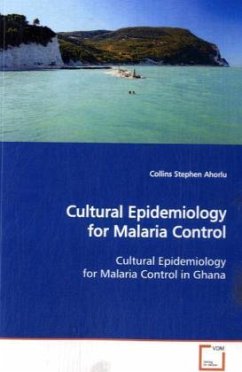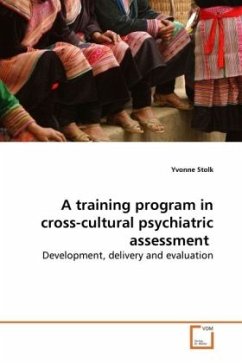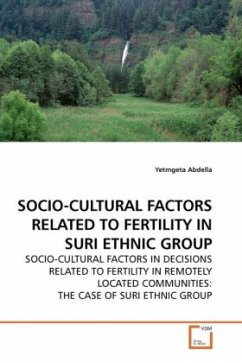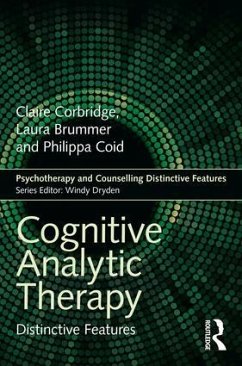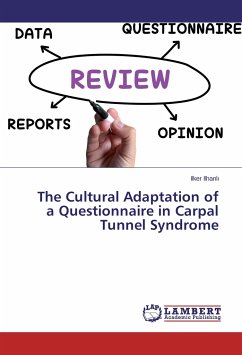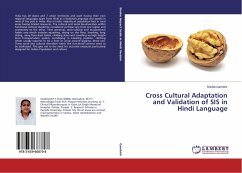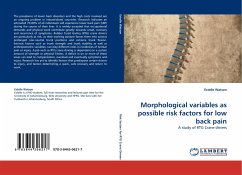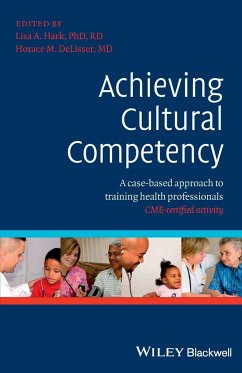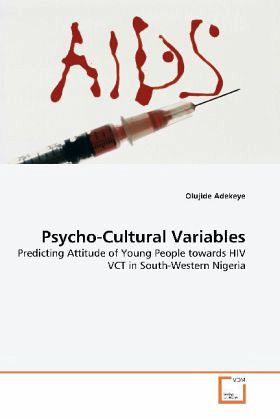
Psycho-Cultural Variables
Predicting Attitude of Young People towards HIV VCT in South-Western Nigeria
Versandkostenfrei!
Versandfertig in 6-10 Tagen
52,99 €
inkl. MwSt.

PAYBACK Punkte
26 °P sammeln!
HIV/AIDS is a global problem and its emergence has introduced new dimensions to health care delivery worldwide. One of these dimensions is voluntary counselling and testing (VCT). Young people between ages 15 and 24 are at risk on an unparalleled scale, and they account for more than fifty (50) percent of all HIV infections throughout the world. HIV voluntary counselling and testing (HIVVCT) allows individuals to determine their HIV status and serves as a gateway for HIV prevention and early access to treatment, care and support. The study therefore predicts the attitude of young people toward...
HIV/AIDS is a global problem and its emergence has introduced new dimensions to health care delivery worldwide. One of these dimensions is voluntary counselling and testing (VCT). Young people between ages 15 and 24 are at risk on an unparalleled scale, and they account for more than fifty (50) percent of all HIV infections throughout the world. HIV voluntary counselling and testing (HIVVCT) allows individuals to determine their HIV status and serves as a gateway for HIV prevention and early access to treatment, care and support. The study therefore predicts the attitude of young people towards HIV VCT in south-western Nigeria using some psycho-cultural variables such as attribution patterns, cultural practices and sexual behaviour. The study employed the survey (descriptive) research method. A multi-stage sampling technique was used to select the sample for this study. The study population comprised of all young people between the ages of 15 and 24 in south-western, Nigeria, anda total of 1171 participated in the study.



